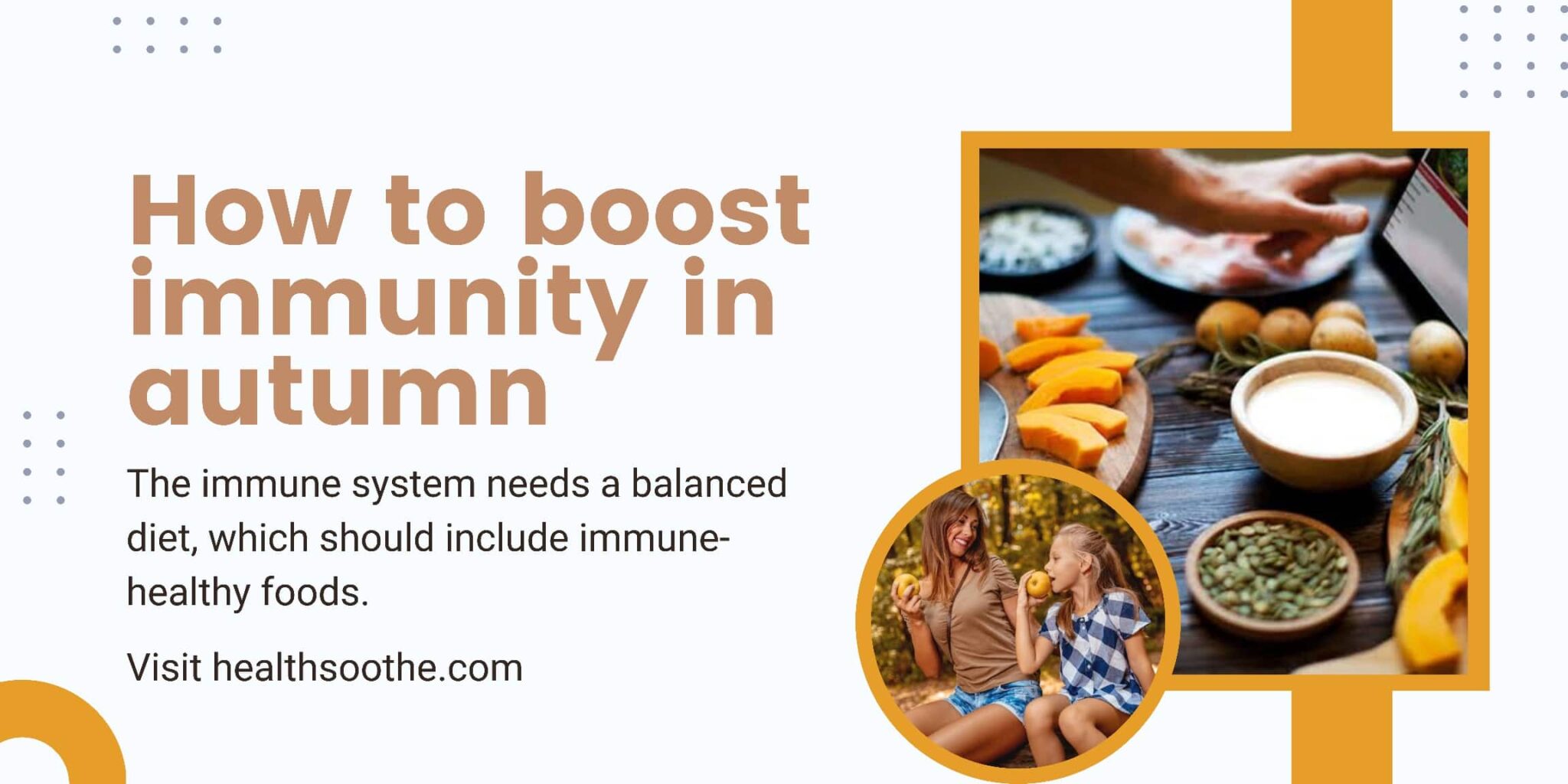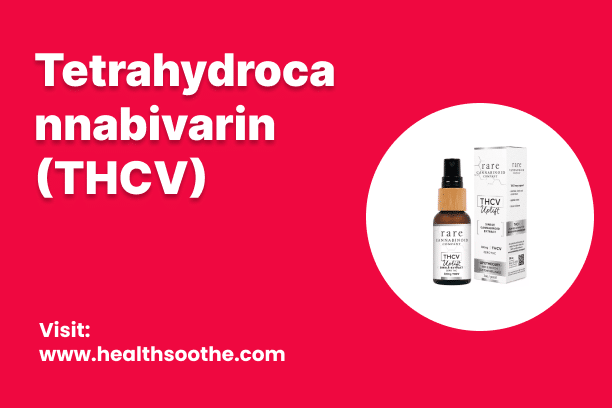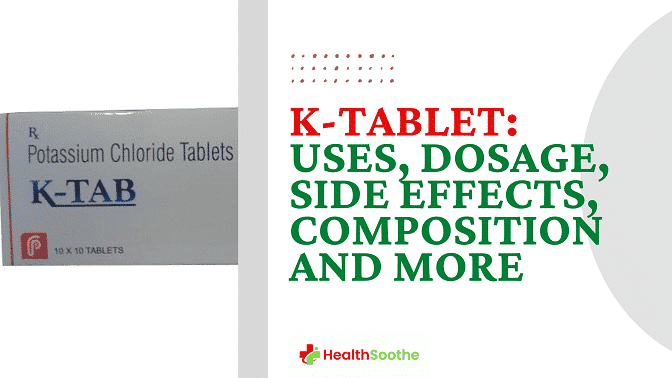The immune system needs a balanced diet, which should include immune-healthy foods. Scientists consider optimal nutrition to be one that supports the functioning of the body, including immune cells, allowing you to quickly start and regulate the immune response when necessary.
Among the primary nutrients that provide increased immunity, there are vitamins such as A, C, D and group B, as well as trace elements selenium, iron, zinc and copper. Everyone should have multivitamins in their home first aid kit.
Berries are a good source of antioxidants. The list of berries richest in antioxidant properties includes sea buckthorn, blueberries, grapes, cherries, chokeberries, and currants.
Vitamin C is one of the most famous antioxidants. It has an anti-inflammatory effect and enhances the action of other antioxidants. It is found in foods such as black currants, parsley, broccoli, Brussels sprouts, red and green peppers, strawberries, citrus fruits.
For immunity, proteins are very important, the "building materials" of the body: they consist of amino acids necessary for life. One of them is lysine. There is a lot of it in products of animal origin: dairy and sour-milk products, especially in cheese, chicken eggs, sea oily fish and seafood, rabbit meat, beef, veal, lamb.
Lysine is also found in plant foods - legumes, nuts, cereals. However, the concentration of this acid in them is much less.
Over the past two decades, the number of studies on the antiviral and immune-stimulating properties of plants has grown 10-fold. Experts believe that some herbs can help block the enzymes of the virus, prevent it from entering the body, and this can already strengthen the immune system. The most useful of herbs are chamomile, which relieves fever and slows down inflammation, sage - has an immunomodulatory, antioxidant and anti-inflammatory effect.
Milk thistle contains a complex of antioxidants that help boost immunity. John's wort is rich in antioxidants, has antibacterial and antiviral activity. Melissa officinalis: it is high in antioxidants and essential oil. Melissa has antibacterial and antiviral properties.
It is very important to remember that the use of any medicinal herbs should be approached with caution due to their pronounced effect on the body, they should not be treated like ordinary herbal tea. Many herbs have contraindications for use.
1. Eat right
Refrain from frying, eat boiled foods. They retain more nutrients, they are easier to digest. You can save time and cook meals in a double boiler.
Feel free to add spices to your food. To strengthen the immune system, garlic, pepper, ginger are perfect. Eat more fish, meat and dairy products. This food is high in protein, which helps the body resist various colds.
Particular attention should be paid to foods that are rich in vitamins such as A, B5, C, D, F, PP. They are the most important for the immune system. These are carrots, red peppers, tomatoes, lemon, rose hips, sea buckthorn, citrus fruits, nuts, legumes, apples, herbs, fish.
2. Give up diets
Don't go to extremes. If you are overweight, then exercise and eat right. Nutrition must be balanced. Your body should equally receive all the necessary elements, substances and vitamins. This is a guarantee of health, beauty and strong immunity.
Diets, on the other hand, inevitably lead to the fact that the body receives less vitamins, as a result of which the protective functions are weakened and do not work as efficiently. Depriving the body of nutrients, a person dooms himself to ailments and colds. Mono-diets are especially harmful when the entire diet is based on the use of any one product. Often it is rice, apples or kefir. Such an approach will instantly weaken the body's resistance and deprive it of strength and energy.
3. Eat Foods High in Zinc and Selenium
Zinc and selenium are responsible for the formation of strong immunity. They are excellent allies in the fight against infectious diseases. They are rich in legumes, seeds, whole grains, greens, fish, nuts, garlic, seafood. All that is so useful for our body. 100 grams of fresh spicy greens or salad can fill the daily need for trace elements. If your body does not receive these elements, it makes sense to use multivitamin complexes that will help maintain immunity at the required level.
4. Increase your consumption of fresh vegetables, fruits and greens
These products are the key to health, longevity and strong immunity. Bright and tasty fruits contain a large amount of antioxidants. They help fight free radicals that damage healthy cells and make us more susceptible to infections. And of course, fruits and vegetables are rich in valuable vitamins and minerals. It is believed that if your daily diet contains about 500 grams of fresh vegetables and fruits, then the need for the necessary nutrients is satisfied.
5. Do not abuse sugar, coffee and alcohol
If you want to stay healthy and not get sick, you will have to control the use of these products. Numerous studies have confirmed that eating sugar, for example, weakens the immune system. If without sweets life does not seem so fun to you, and the sky is blue, replace it with honey and dried fruits.








